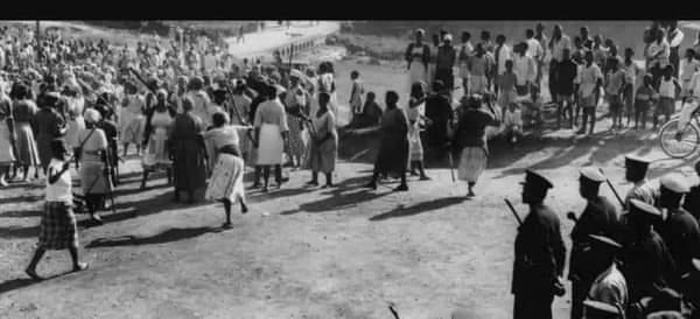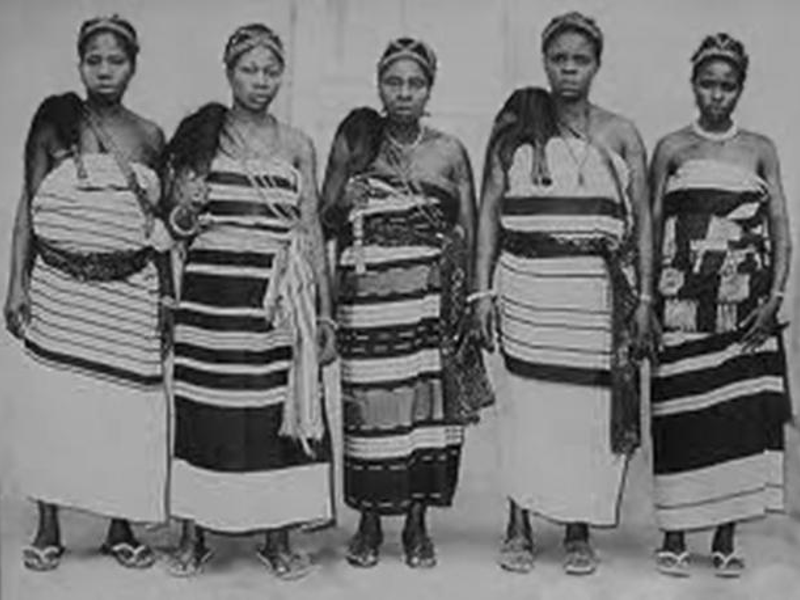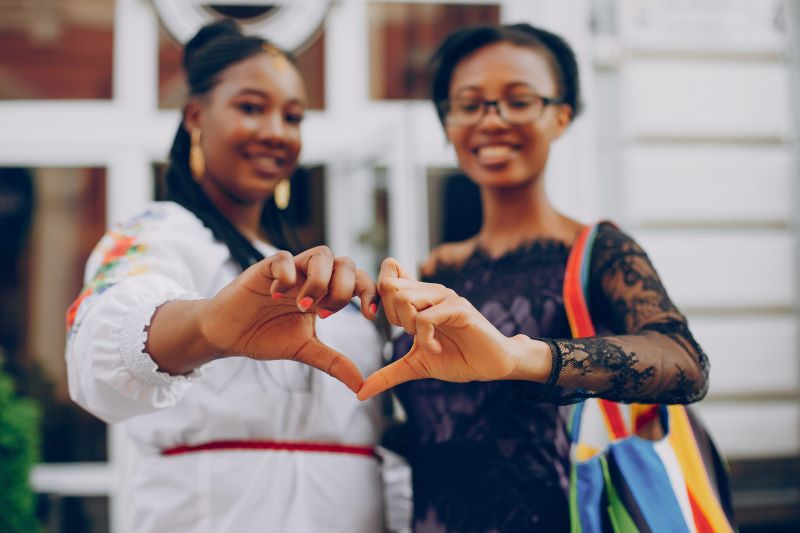In 1929, Igbo women in Nigeria rose to demand their rights and fight against oppressive colonial rule. This historic uprising, known as the Women’s Riot of 1929, marked a pivotal moment in Nigeria’s struggle for women’s rights.
The Women’s Riot of 1929 was a turning point for Igbo women’s rights in Nigeria. It was the first time Igbo women openly defied the colonial authorities and asserted their power. The riot began when the women of the town of Onitsha refused to pay a new tax imposed by the British colonial government. The women marched to the local courthouse and demanded an exemption from the tax. When the British did not meet their demand, they began to riot, destroying property and injuring several people.
The British authorities responded by sending troops to quell the riot, but the women resisted. Ultimately, the troops opened fire on the crowd, killing dozens of women and children. The massacre outraged the Igbo people and galvanized them into action against British rule. The Women’s Riot of 1929 was an actual event in the struggle for Nigerian independence and helped to secure equal rights for Igbo women.

Causes of the Riot
Several factors caused the riot:
- The women were protesting against the high cost of living. They were also protesting against the lack of food and other necessities.
- They were protesting against the poor treatment of women in general. The women were also angry about the recent increase in taxes.
- The women were also protesting against the lack of political representation for women in Nigeria.
The riot lasted for several days and resulted in the death of many British soldiers.
The Women’s Riot of 1929 was a turning point for Igbo women’s rights in Nigeria. Before the riot, Igbo women were powerless within their society. They were required to obey their husbands and fathers and had little say in how they ran their tribe. However, the Women’s Riot showed Igbo women that they could stand up for themselves and fight against oppression.
Since the Women’s Riot, Igbo women have been working to improve their position within Nigerian society. They have formed organizations to promote women’s rights, education, and economic empowerment. Through the efforts of these organizations, Igbo women are now considered one of the most powerful and influential people in Nigeria.
Prior to the riot, Igbo women were relegated to domestic roles and were not allowed to participate in public life. The riot changed all that. Igbo women began to assert their rights and demand a place in society. They formed organizations and campaigned for equality. The Women’s Riot of 1929 was a watershed moment in the history of Igbo women’s rights and paved the way for future progress.
The riot was a response to the introduction of the Native Authority Ordinance, which would have given more power to traditional leaders and increased the control men had over women’s lives. The women who rioted were from all walks of life, and they demanded equality with men.
After the riot, there was a continued struggle for women’s rights in Nigeria. In 1935, the Igbo women formed the Nigerian Women’s Union and fought for women’s equality. The union held protests and marches to demand equal rights for women. They also worked to educate women on their rights and how to assert them.
However, there have been some successes in the fight for women’s rights in Nigeria. In 1999, a new constitution guaranteed equality for all Nigerians regardless of gender. This constitution has helped raise awareness of women’s rights and has resulted in some progress toward equality. There is still a long way to go, but the Women’s Riot of 1929 was a crucial step in Nigeria’s fight for Igbo women’s rights.
Not only did the riot have implications for gender equality and women’s autonomy, but it also had a lasting impact on Nigerian society. The bravery and courage of Igbo women during this period provided an example that inspired generations of people to fight for their rights. We must remember the legacy of these brave individuals so that we can continue striving towards more significant gender equity in our own lives today.

Immanuel Burns Johnson is a young and dedicated social media personnel. He was born, raised and schooled in Lagos, Nigeria. His hobbies include traveling, sports, political criticism and mobile games like C.O.D.M. Apart from these; he is also interested in skydiving and aeronautics. He is skilled in web coding and has a trait of hard work. This has helped him become successful in his field at a young age.





